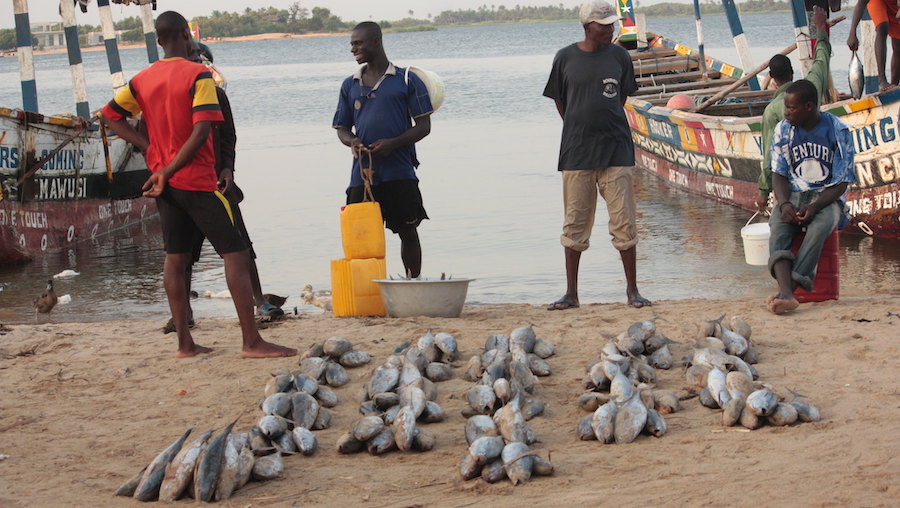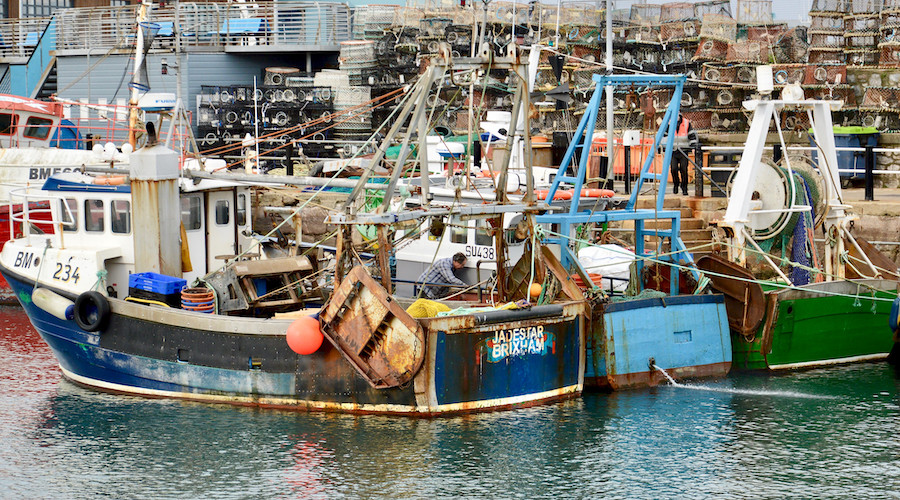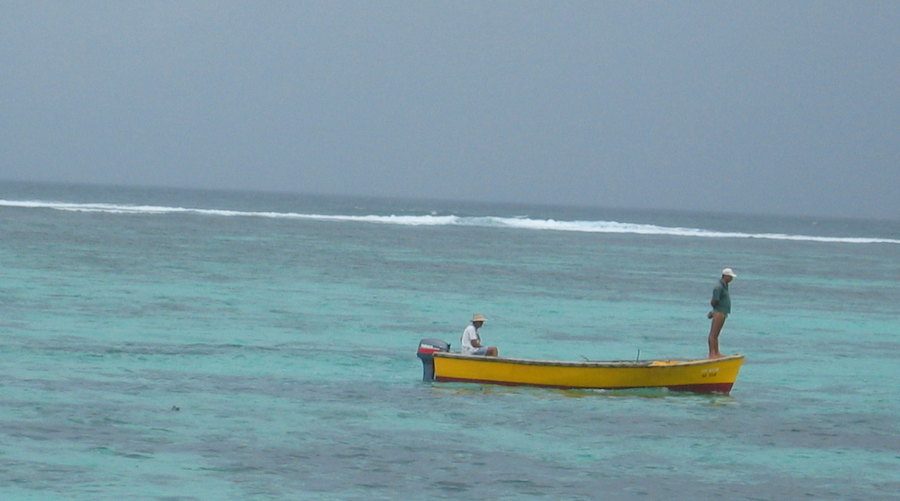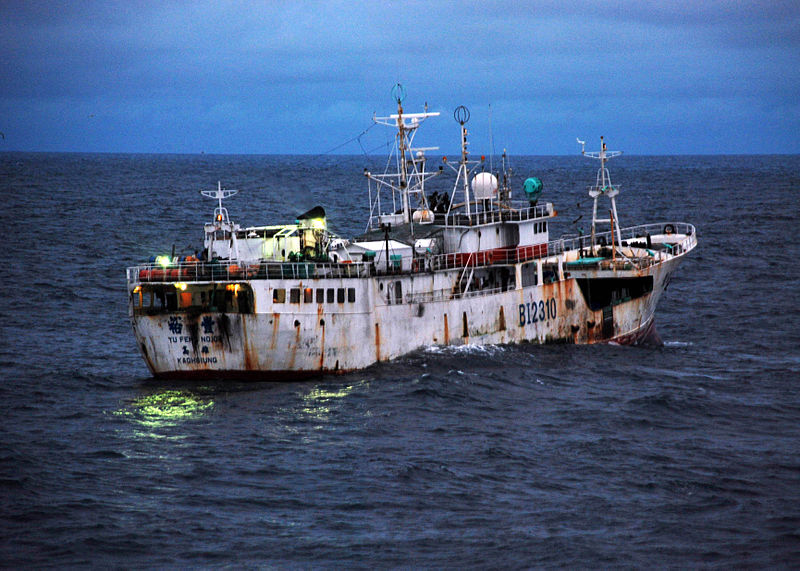
Fishing in Ada Foah, Ghana. Photo by jrwebbe, Flickr.
The food and nutrient security of billions of people worldwide depend on fish being treated as a domestic public health asset instead of a commodity.
A new paper by researchers with the Sea Around Us – Indian Ocean initiative at the University of Western Australia and the Sea Around Us global initiative at the University of British Columbia reviews evidence to back the urgent need to develop health- and nutrition-focused fisheries policies that drift away from current export-oriented, profit-maximizing policies.








